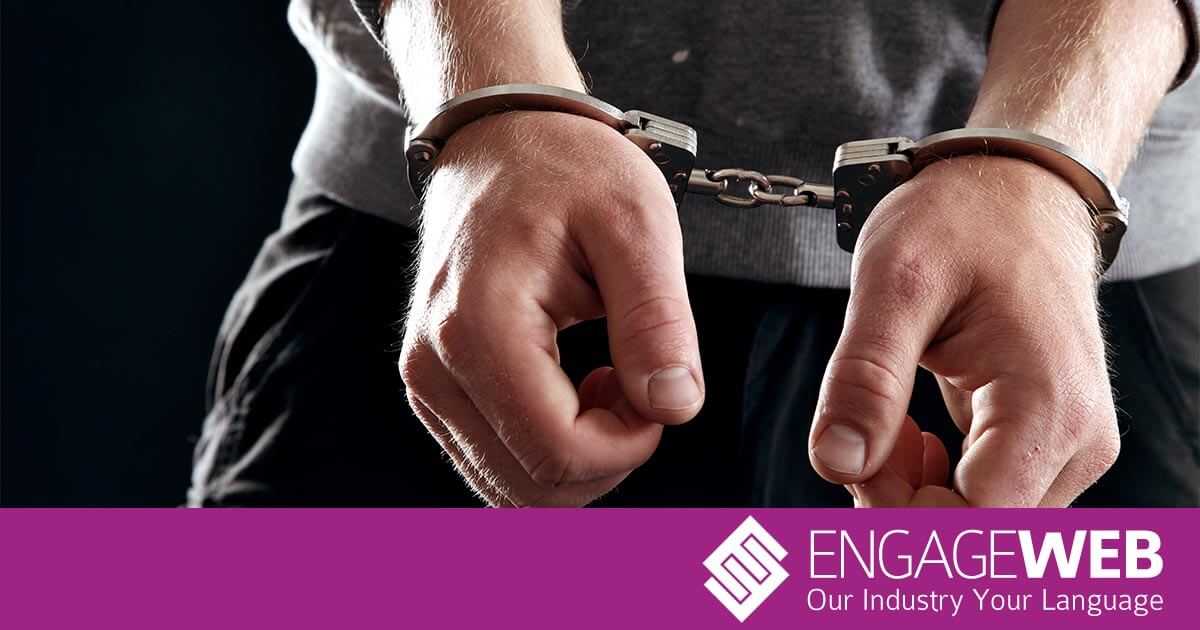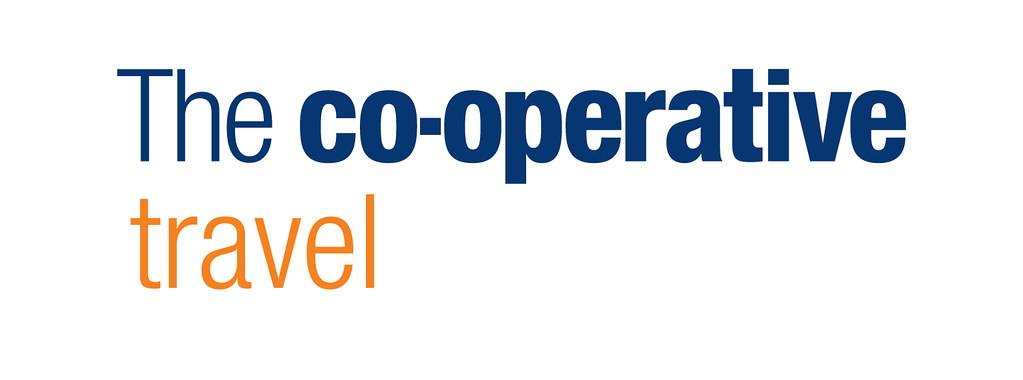Most people have, at some point, posted something they regret on social media. In most cases, this might be cause for embarrassment and apology, but what if something you posted online some time ago landed you in trouble with the law because it broke the rules in another country?
The bizarre story of Laleh Shahravesh has emerged in recent weeks, and raises interesting questions about the extent to which social media comments posted in one country can be policed by another.
What happened?
Shahravesh is a 55-year-old British woman who was reportedly married to an Emirati man for 18 years, and lived in the United Arab Emirates for eight months. The couple divorced, and Shahravesh moved back to the UK.
In 2016, she noticed on Facebook that her ex-husband had remarried, and reacted angrily, posting insults in Farsi on the couple’s wedding photos. These included saying she hoped her ex went “under the ground” and calling his new wife a “horse”.
Here in the UK, it would be hard to see this as anything more than bad manners and poor social media etiquette. When she arrived in Dubai for her ex-husband’s funeral last month, however, Shahravesh found herself arrested and could face two years in prison, despite the Foreign Office and campaign group Detained in Dubai calling for her release.
What crime has she committed?
The UAE has social media usage laws that are strict, and at the same time somewhat vague. DubaiOFW.com, a site for overseas workers in Dubai, lists five rules for using social media in the UAE. Among them is “do not gossip or spread rumours”. Shahravesh’s posts could therefore be seen as defamation of attacking another person’s privacy.
Despite being a popular holiday destination, many Brits forget that Dubai comes under Islamic law, and it’s not surprising that social media use is affected by laws that appear strict to us. Another example from the UAE is the 2016 fining and deportation of a woman who was checking her husband’s mobile phone without his permission.
How did the Emirati police discover this?
Perhaps the one reassuring factor in this story is that it doesn’t appear that the arrest came as a result of espionage or monitoring the detainee’s social media profile.
According to Detained in Dubai, it was the new wife who reported the case, and this is likely how police officers came to expect Shahravesh’s arrival at the airport. The wife has refused to withdraw her allegation despite requests to do so from the Foreign Office.
How far could this go?
The possibility of being arrested for something done in another country actually predates the social media boom. In 2008, Australian writer Harry Nicolaides was arrested in Bangkok because he had insulted the Thai monarchy in a collection of short stories written three years earlier. Nicolaides was sentenced to three years in prison, but was pardoned after six months.
What is disturbing about Shahravesh’s case is that today, we all have our writing “published” online, and most of us have posted something that would be illegal in another part of the world. For example, there is plenty of anti-Islamic content online, and also plenty of countries (including the UAE) where sharing anything that insults Islam is an offence. Does this mean that sharing a Britain First post in the UK (as thousands and thousands of people do) could get you in hot water if you were later to visit an Islamic nation?
Staying topical, the Sultan of Brunei has recently created controversy by introducing brutal anti-homosexuality laws. What if gay people visiting Brunei were to be “tipped off” to the authorities there because of something they had posted about their sexuality on Facebook? Do they need to not only adhere to the laws while in Brunei, but also ensure that they have never ‘outed’ themselves on social media – even in a country where it’s perfectly legal to do so?
This all appears to be another example of the internet moving too quickly for international law to deal with it. Until it catches up, it’s down to social media users to act responsibly, and for social media sites like Facebook to take the lead – something New Zealand’s Privacy Commissioner has accused it of doing extremely poorly.
- Five life skills learned from internet marketing - January 3, 2024
- How artificial intelligence can (and can’t) help you write content - September 29, 2023
- Is Google OK with AI content or not? - September 25, 2023



























